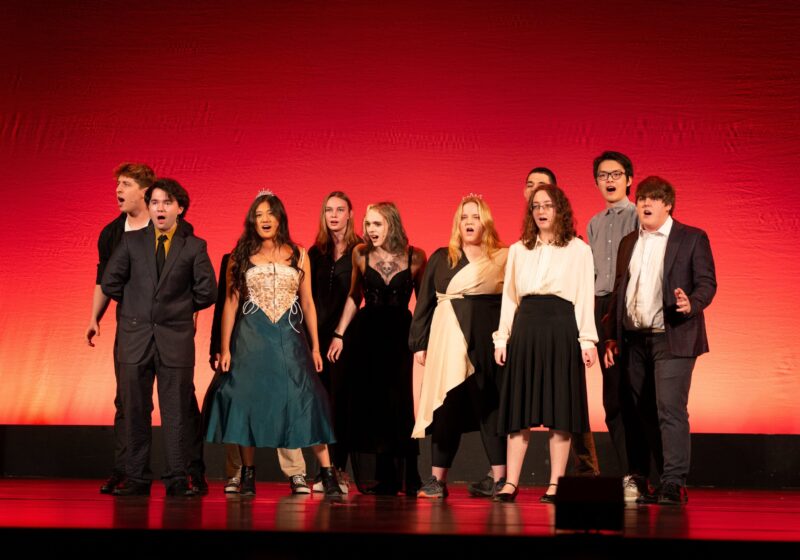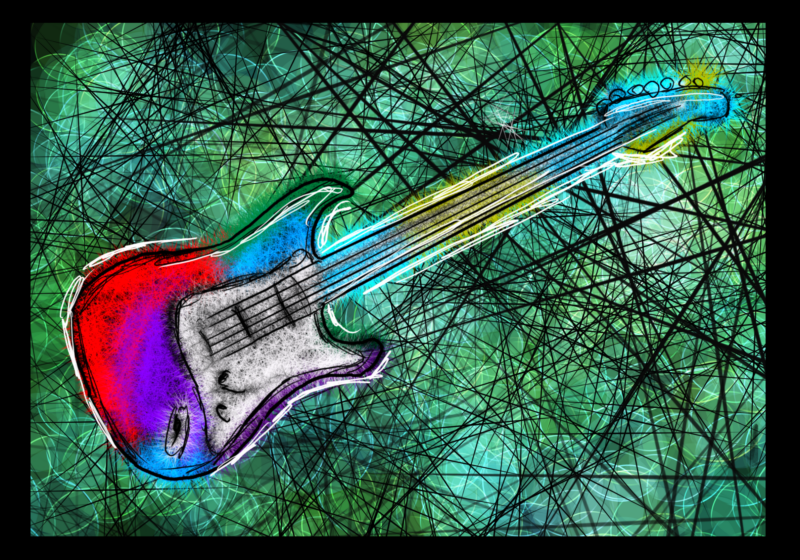Recently, the political science department at the University implemented a new B.S. major for undergraduate students who are interested in studying the scientific aspect of politics.
“The motivation for this major is that the Rochester political science department pioneered for the entire world the technical study of politics. We invented positive political theory here in the 1960s and since that time, this has been one of the central departments in the world in political science using formal theory, game theory, rational choice theory, and statistical methods to invest in the study of politics,” said Gerald Gamm, Professor of Political Science and History, Co-Chair of the Department of Political Science, and Director of Undergraduate Studies at the University of Rochester.
This major, similar to UR’s Political Science B.A. degree, would require students to complete five core track courses in addition to two breadth courses and three elective courses. The difference lies in the requirements in tools of political analysis. Students attempting to receive the B.S. degree will be expected to take five courses in the tools of political analysis instead of two. “The requirement for the tools of analysis expands from two courses from [the] B.A. major to five courses for the B.S. major. That itself is pushing students to use many more tools and understand much better [in] statistical methods, formal theory, and argument,” said Gamm.
According to the Department of Political Science website, students should also plan on taking two semesters of a calculus sequence and either a programming course or a course in linear algebra. “That calculus work is going to be essential for the upper-level work they are going to do with their tools,” Gamm explained.
This approximately one-month-old major has already attracted new students to the technical and mathematical study of political science. Junior Marla Litsky, who is double majoring in Political Science and Data Science, says that she decided to do the B.S. major in Political Science because the program involves more analytical courses and has a heavier math requirement that would allow her to do research in the future. “I’m hoping to do research, and according to the people I’ve talked to, it’ll look better to be doing the B.S. if you want to do research,” says Litsky.
This new major for undergraduate students also shines a light on the study of political science at the graduate level. “Our graduate students come here because of our technical programs but until we developed the B.S., we had not offered an opportunity for the undergraduates who also wanted to see that technical work […] so the B.S. allows us to bring that technical side of our department for students who want it,” says Gamm. For Litsky, the ability to take graduate-level courses is another reason that attracted her to this program. “I like that I got to take more graduate-level modeling courses, more analytical courses from the political science angle,” says Litsky.
Similar to the other three majors in the political science department (B.A. in Political Science, B.A. in International Relations, B.A. in Politics, Philosophy & Economics), the B.S. in Political Science prepares students for careers in fields like politics, diplomacy, teaching, and law. “The B.S. major […] prepares students who want to pursue a career in more mathematical things, like potentially big data or working for companies that conduct surveys, or it gives them extra preparation if they are interested in getting a Ph.D.,” says Gamm.





